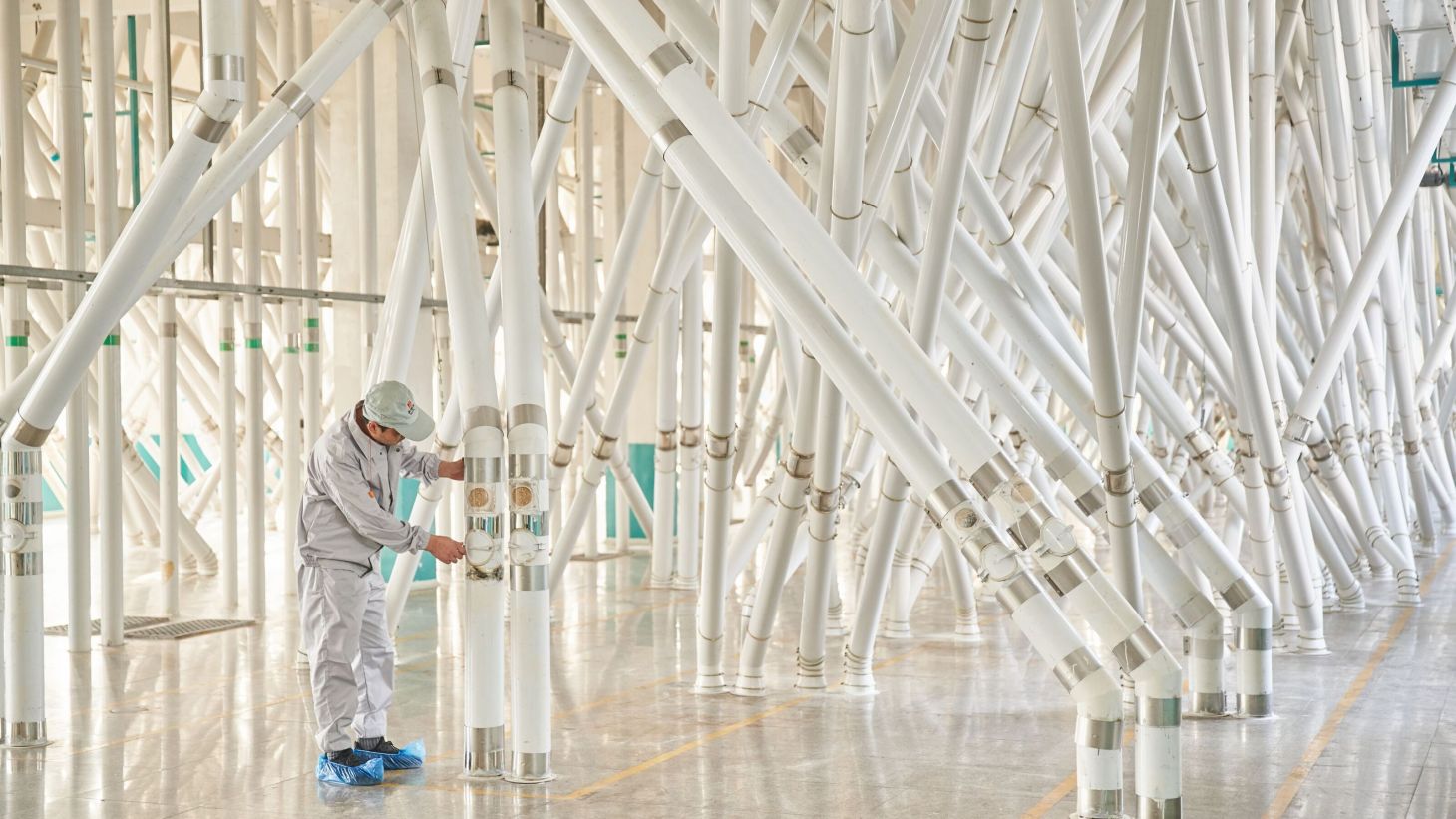A resilience and global competitiveness under increasing pressure
In Europe, a sector of small and medium-sized enterprises (SMEs)
The European flour milling industry has always been producing on a relatively small scale compared to its counterparts. For ex. in the United States, the average US flour mill produces around 13 times as much wheat flour as the average flour mill in Europe.
With structural economic constraints
The European milling sector is now under increasing pressure facing:
- Acute pressure from 3rd countries (Turkey, Kazakhstan) on traditional wheat flour export markets
- A structural overcapacity, as the sector is running in average at 75% of its capacity
- Electricity prices have virtually exploded in Europe in the last 2 years and have become an even more important cost factor in the milling industry
- A significant challenge in recruiting and retaining qualified staff
- A declining consumption of bread in most European countries
And high regulatory-compliance costs
The main input costs of flour production are the costs of agricultural raw materials and energy (electricity). Both costs tend to be higher in Europe than elsewhere in the world. Whilst the causes of these higher costs are partly economic, they are also linked to EU policy decisions and consumer attitudes (higher compliance costs in order to meet EU standards on e.g. labelling or contaminants and plant protection product residue analyses, environmental and sustainability performance). These policy decisions may have been well intentioned. However, they should not increase business uncertainty and production costs, and if they do, the cost they incur to European millers, compared to their international competitors, must be recognised and addressed.
Wheat flour to be excluded from further EU trade concessions
For all the above-mentioned reasons, we believe that policymakers must guard against wheat-flour trade concessions that imply fundamental and irreversible damage to the local European milling sector and the economy of rural areas in which they operate.
In particular, the European market must not be further opened to wheat flour from 3rd countries - in particular those supporting their milling sector with direct or indirect trade-distorting subsidies.
Stimulating innovation & research to tackle climate change consequences
Securing a reliable supply of sustainable local wheat, rye and oat is not merely a policy issue: it is an imperative for the food security in Europe and the competitiveness & growth of the local flour milling enterprises. By increasing local production, embracing technological innovations and supporting our farmers, Europe can build a resilient supply chain that not only meets the current demands, but also anticipates future challenges.

